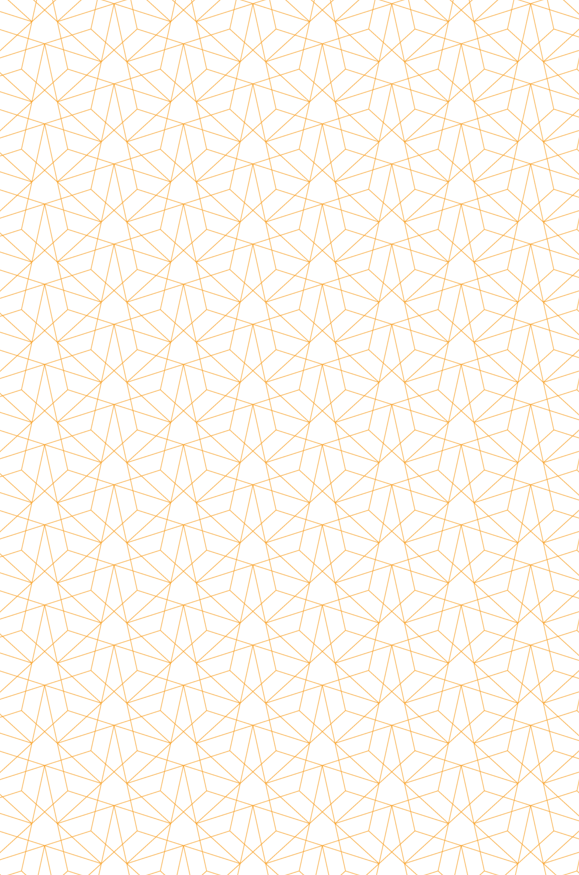This Address will be held at the Australian War Memorial. There is no table seating at this event. There will be a stand-up canape & drink service, followed by a theatre-style seated Address.
1918 was the last year of the First World War. It was the year in which Australia had arguably the most significant impact on international affairs in its history. Under the leadership of General Sir John Monash, Australia contributed substantially to a series of stunning victories.
Emerging victorious, the young deeply divided nation inconsolably mourned its 62,000 dead, but remained true to its young, brittle democracy. We were Australians, more confident of ourselves and place in the world. We had our ‘story’.
Dr Brendan Nelson commenced as Director of the Australian War Memorial on 17 December 2012. Prior to this, he was the Australian Ambassador to Belgium, Luxembourg, the European Union and NATO (2010–12). Apart from overseeing a major transformation in Australia’s relationships with the European Union and NATO, Dr Nelson forged deep links with the communities of Flanders, where almost 14,000 Australians lost their lives during the First World War. He regularly made the trip from Brussels to the Menin Gate Memorial to the ‘missing’ at Ieper, where the names of 6,190 Australians who died in the First World War and have no known grave are listed.
Born at Coburg, Victoria, in 1958, Dr Nelson studied at Flinders University, South Australia, where he graduated with a Bachelor of Medicine and Surgery. He worked as a medical practitioner in Hobart from 1985 to 1995. In 1993 he was elected unopposed as National President of the Australian Medical Association (AMA), becoming the youngest person ever to hold this position. He had previously served as National Vice President, and Tasmanian Branch President, of the AMA. During his time as National President, he campaigned on a wide range of social policy issues, including Aboriginal health and immunisation, and led the campaign against tobacco advertising and sponsorship of sport. He was also a relentless advocate for private health insurance. In 1995 Dr Nelson retired as president of the AMA following his preselection as the Liberal candidate for the Sydney seat of Bradfield.
Dr Nelson was elected to the Federal Parliament of Australia in March 1996. After the 2001 election, he was promoted from parliamentary secretary to the Minister for Defence to Cabinet in the senior portfolio of Minister for Education, Science and Training. Here he drove major reforms to universities and a focus on school standards and reporting. In 2006 he was appointed Minister for Defence when troops were deployed to Iraq, Afghanistan, East Timor and the Solomon Islands. He oversaw major new investments in Defence including the decision to purchase four C-17 heavy lift Globemasters, 24 FA-18F super hornets, three air warfare destroyers, two Landing Helicopter Docks (LHDs), two additional battalions for the Australian army and a multibillion dollar recruitment and retention package.
In November 2007 Dr Nelson was elected leader of the Liberal Party of Australia, serving as Leader of the Opposition until September 2008. The following year he retired from federal politics before taking up his ambassadorial appointment.
In 1995 Dr Nelson was awarded the AMA’s highest honour, the Gold Medal for “Distinguished Service to Medicine and Humanity”. In recognition of his commitment to public health, he was awarded an Honorary Fellowship of the Royal Australasian College of Physicians. In 2011 he received an Honorary Doctorate from Flinders University and in 2017, an Honorary Doctorate from the Australian National University. He is a Fellow of the Royal Society of NSW (2017), Rotary Paul Harris Fellow and a Sydney University John Lowenthal Medallist.
Dr Nelson was appointed an Officer of the Order of Australia (AO) in January 2016 for his services to the community, the parliament of Australia, diplomacy and cultural leadership.
In addition to being Director of the Australian War Memorial Dr Nelson is a Distinguished Visiting Fellow at ANU; Member of the Australian Genome Project Advisory Board; Patron of Lifeline ACT; Patron of Trish MS Research; Patron of the Weary Dunlop Foundation; Patron of the NSW RSL and Services Clubs; Ambassador for Legacy Australia; Ambassador for the Invictus Games for disabled veterans; ambassador for Soldier On and ambassador for the Defence Reserve Forces Council.
Location
The Australian War Memorial Treloar Crescent Campbell ACT 2612
There are maps of the Memorial which can be found here: https://www.awm.gov.au/visit/visitor-information/maps
Guests attending the Address can enter through the exterior doors to Anzac Hall, as opposed to the Memorial’s front entry (please see red arrow in below image).
? Parking
4 hour limits apply between 7.30am - 6.00pm, Monday to Friday. Underground parking is available off Fairbairn Avenue; above-ground parking is available off Treloar Crescent. A drop-off point is available near the main entrance.

























































































